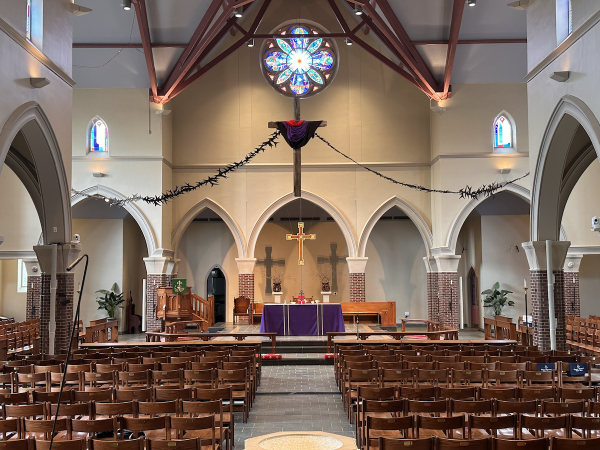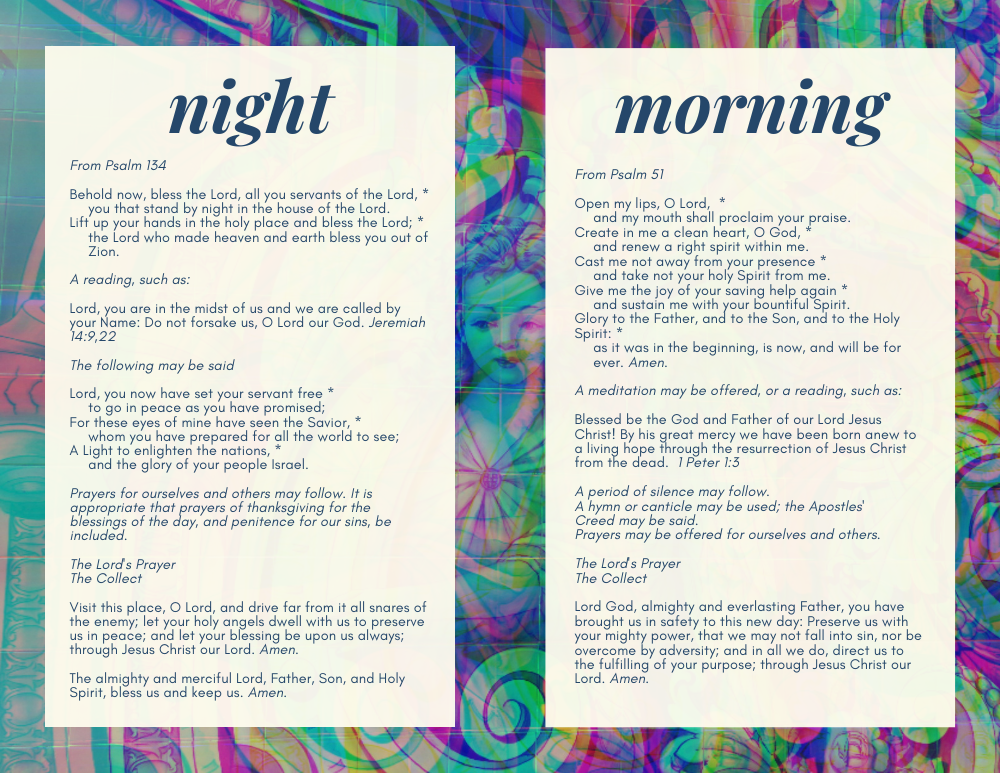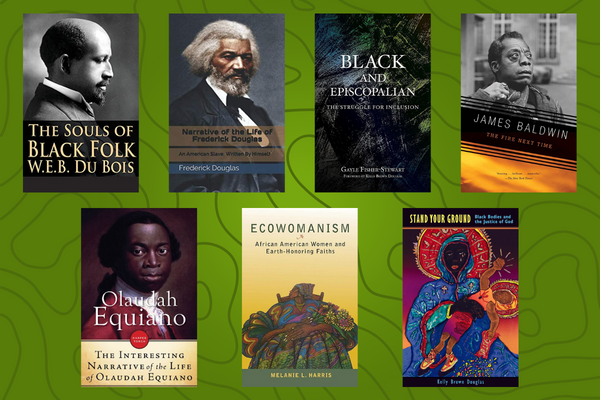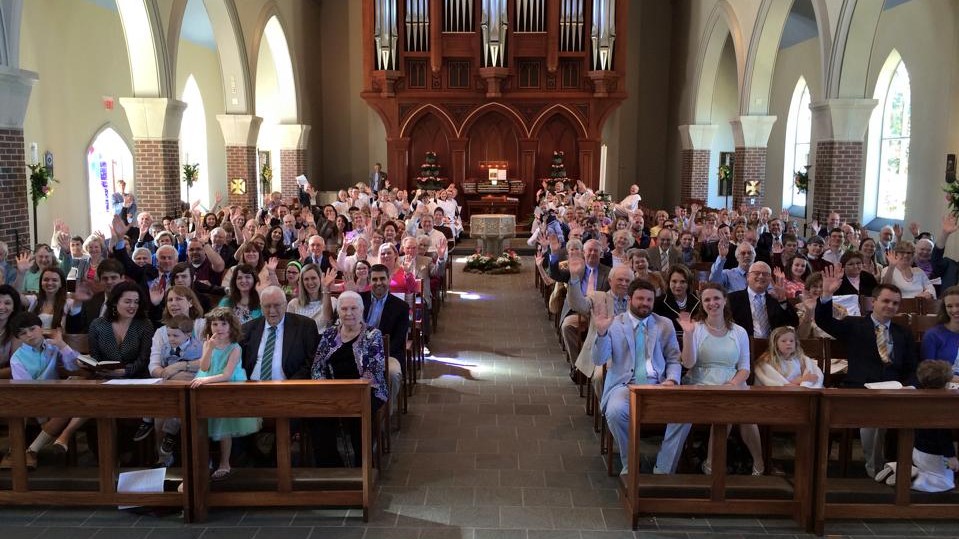Keeping a Holy Lent

What is "Lent" anyway?
Lent is not the stuff you find in your pockets after you do your laundry. Lent is a season of preparation leading up to Easter. It is the forty days plus the six Sundays before Easter. For centuries, it has been observed as a special time of self examination and penitence. Lent is a time for concentration on fundamental values and priorities, and is not a time for self punishment. The three main practices involved in keeping a Holy Lent are prayer, fasting, and almsgiving.
Keeping a Holy Lent Together:
Some things you may notice at St. Paul’s as we try to keep a Holy Lent together:
You may notice we have special art that we install for Lent.
The color we use on our vestments (the clothes our clergy wear) and the paraments (the clothes that the altar and pulpit wear) changes from green to purple.
We also change some of the ways we pray and sing together. You will notice that we do not speak or sing the word “Alleluia” during the season of Lent. The Alleluias will return at the Easter Vigil. Our musical styles change some as well.
Personal Practices for Keeping a Holy Lent
 Prayer
Prayer
You may take up a special practice of prayer during Lent. Jay LaNunziata, our Director of Christian Formation, has put together some short daily devotionals drawn from the prayer book. There are prayers for morning, noon, evening, and night prayer. Print copies are available in the back of the church or chapel as well as at the office desk. Click here to download a copy or share it with others.
Fasting
Fasting is abstaining wholly or partially from all or certain foods, for physical or spiritual health. The extent and rigor of abstinence depends largely on custom and circumstance. Ancient Jews used fasting extensively. Christ taught it and practiced it. Early Christians fasted on specific days of the week, especially Wednesday and Friday. Baptismal candidates fasted for up to two days before their baptism. By the late middle ages abstinence from food was required before the reception of communion, and western Christians also fasted during Lent by abstaining from meat. The BCP recommends fasting for the season of Lent, which Christians should observe “by self-examination and repentance; by prayer, fasting, and self-denial; and by reading and meditating on God's Word” (BCP, p. 265).
Readings from Historical and Contemporary Black Authors
Our library has acquired some new resources, you might consider borrowing one and reading them during the season of Lent. Among our recent acquisitions are:
- The Souls of Black Folk by W.E.B. DuBois
- The Narrative of the Life of Frederick Douglas by Frederick Douglas
- Black and Episcopalian by the Rev’d Gayle Fisher-Stewart
- The Fire Next Time by James Baldwin
- The Interesting Narrative of the Life of Olaudah Equiano by Olaudah Equiano
- Ecowomanism - African American Women and Earth-Honoring Faiths by Melanie Harris
- Stand your Ground: Black Bodies and the Justice of God by the Rev’d Kelly Brown Douglas
These books will be kept at the front desk of the parish office, a desk volunteer can help you sign one out.
Tags: Grow / Adults / Pat Houston Library

 Director of Christian Formation, Digital Communications
Director of Christian Formation, Digital Communications
 Director of Youth Ministries, Interim Campus Minister
Director of Youth Ministries, Interim Campus Minister
 Preschool Director
Preschool Director
